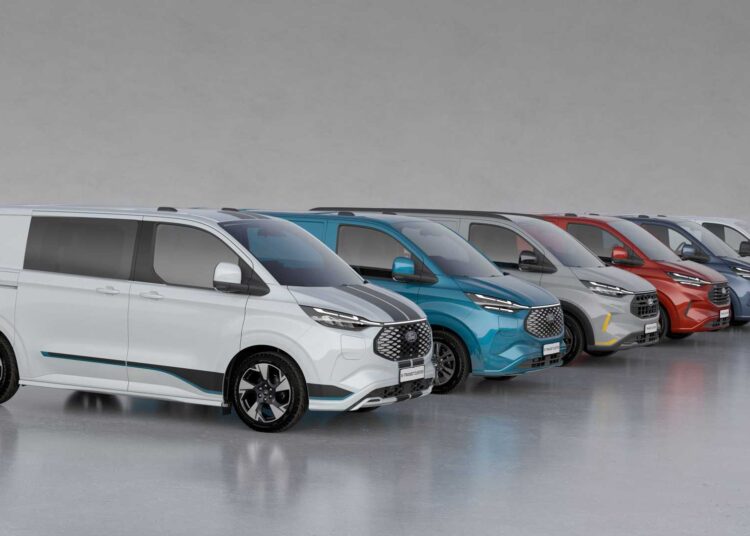Ford and Volkswagen have an ongoing partnership with several joint venture projects, including trucks, light commercial vehicles, and electric vehicle technologies. However, the Blue oval automaker wants to reduce the scope of the EV part as it slowly moves to launch production electric vehicles based on its own platforms and technologies. This shift in Ford’s strategy concerns only its operations in Europe, where it intends to sell only electric vehicles starting in 2030.
Martin Sanders, Ford’s EV development manager for the Old continent, told Automobilwoche that Volkswagen’s MEB architecture was a transitional technology for the company. It was used to save Ford approximately two years of development time but the manufacturer is now investing heavily in its own electric platform. Until the development work is done, Ford will produce and sell MEB-based electric vehicles.
This, in turn, requires more investments. Ford will pour around $2 billion into its factory in Cologne to prepare it for the MEB-based EVs. The first model based on VW technology should arrive during the first quarter of this year and will take the shape of a compact crossover in the same segment as the VW ID.4. About a year later, a second “sport crossover” will join the range with production planned to take place in Cologne.
As far as Ford’s Valencia plant is concerned, it will also undergo major transformations. The factory currently assembles the S-Max and Galaxy but the two MPVs will be discontinued very soon. Ford will convert the site to build software-defined EVs based on the brand’s own architecture. These cars won’t use MEB technologies and will begin to arrive later this decade.
9 Photos
“We will use a pure electric platform in Valencia. At the moment, however, it is still open as to when this will happen and which models we will build there,” Sander commented. These new EVs will also use Ford’s in-house developed software for semi-autonomous functions.
Read the full article here


























